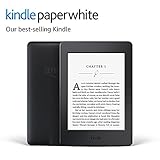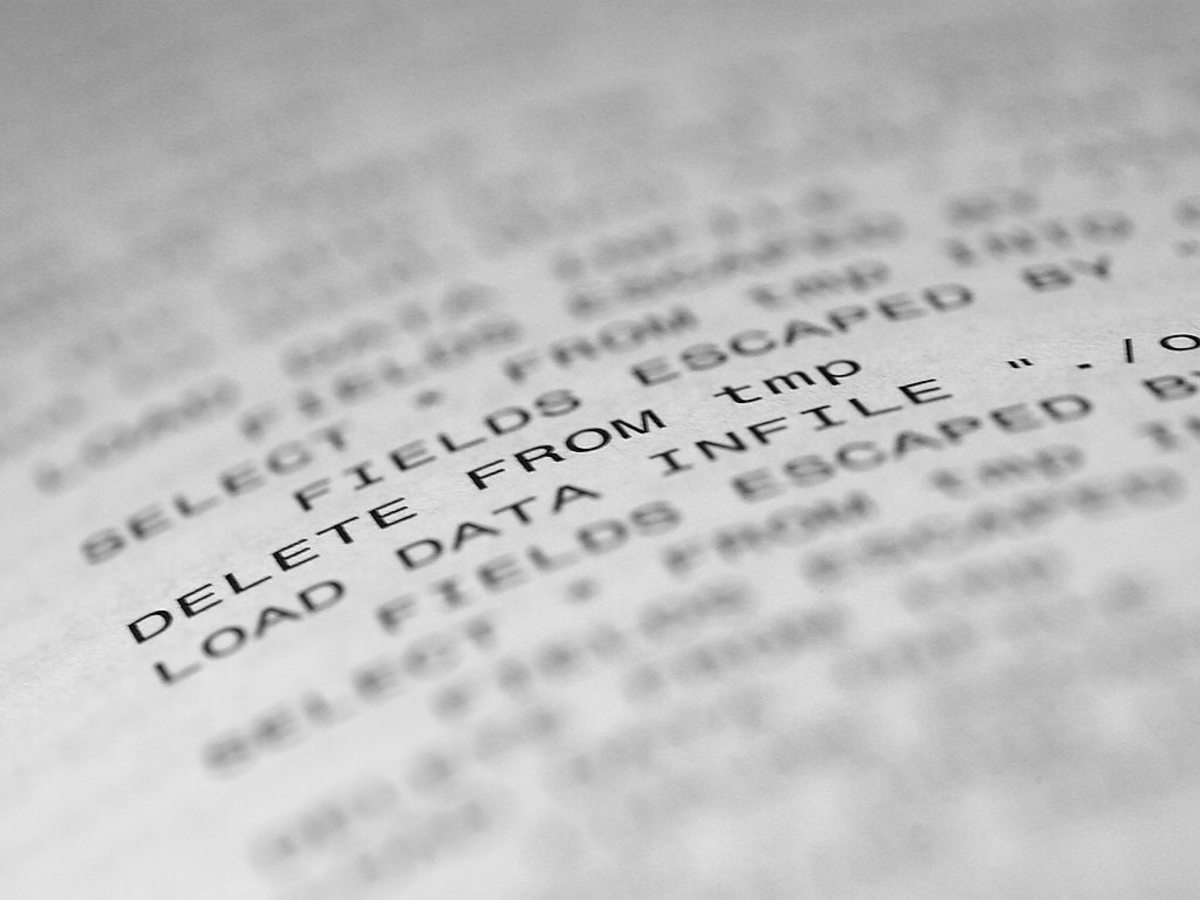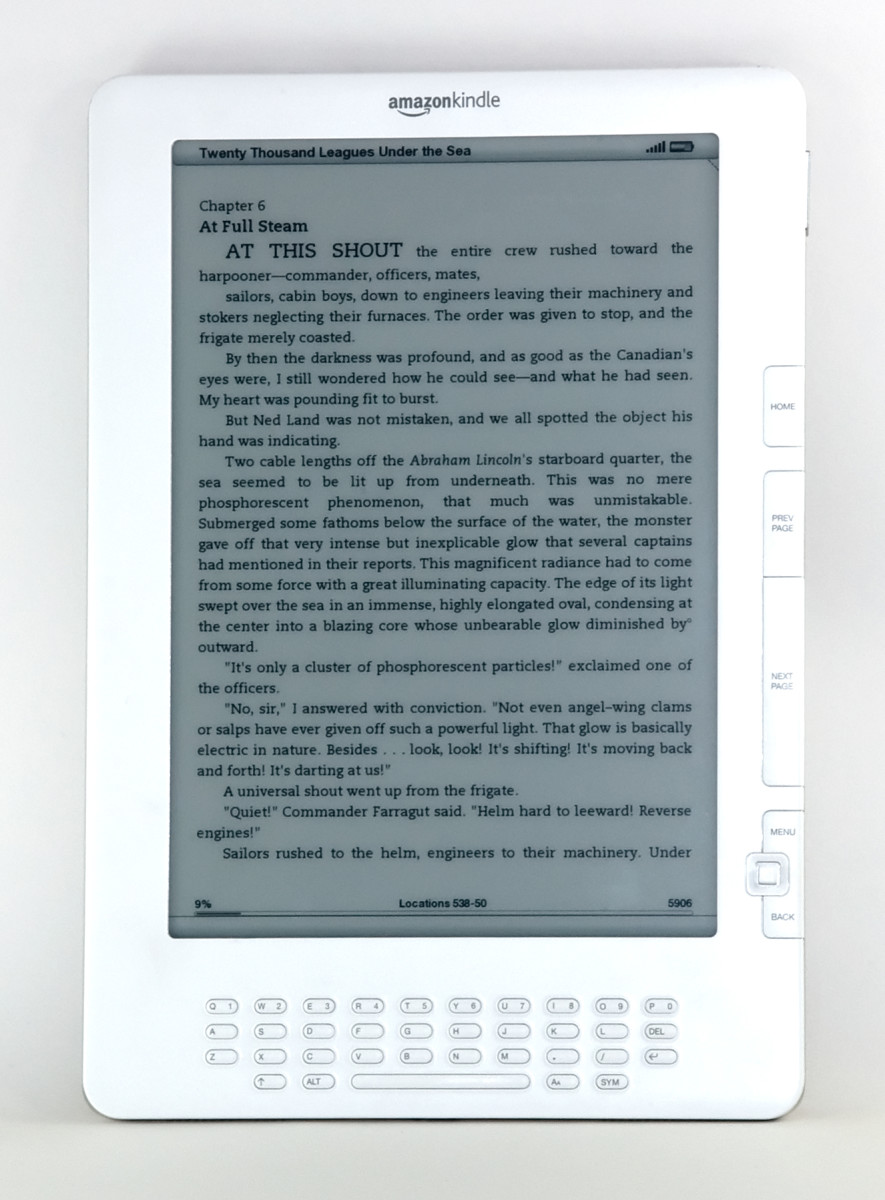Ebooks vs. Paper Books: The Pros and Cons - 2012
Ebooks vs Paper Books - The 2012 Edition
My earlier hub "Ebooks Vs. Paper Books: The Pros and Cons" explores the advantages and disadvantages of ebooks and paper books, and did so at a time when ebook readers were just beginning to become popular. In the meantime, the hub has garnered many views and many calls for an update. The points I made there are still mostly up-to-date, however, and I encourage you to have a look at it.
This hub will take a slightly different approach to the argument. It will give you a little background on the topic, and will then discuss the different types of readers (the humans, not the devices), and who would benefit from which option.
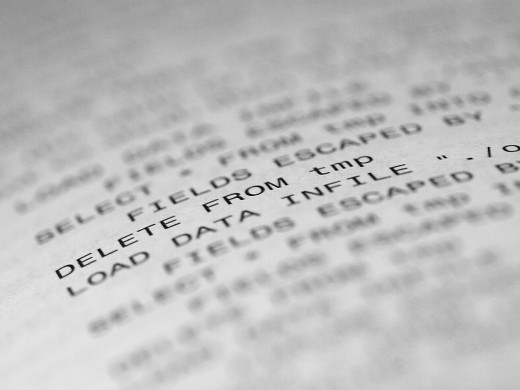
Something to consider is the rise of smart phones with large screens (such as the iPhone). These phones usually support some version of the Kindle software, and books can be read here as well.
Are Books Dead?
The rise of the ebook readers has caused the media to say that books are dying or are already dead. This, of course, is not really the case - it is a shining example of media hyperbole. If books were dead, what would be the use of book stores?
What is happening is that book sales are shifting. Many more books are being purchased as ebooks because they are more useful and less costly. However, many books are still being purchased on paper, and bookstores are still making profits (albeit smaller ones).
For many types of books, the printed option is still the better one, notwithstanding advances in the realm of iPad and Kindle. The categories with little comparative digital advantage (except possibly price) are:
- Books where typography is important (eg. design books, hardcover gifts, 'coffee table' books).
- Books with many pictures (eg. cookbooks, atlases, photo books)
- Books where durability is important (eg. cookbooks again, children's books)
- Any book where owning the printed 'artifact' is more important than the printed word (eg. limited edition books, signed books)
These types of books are currently irreplaceable digitally (though there are other cool things happening in that world). This leaves us mostly with paperbacks and hardcover books, both of which, according to a Guardian article, are suffering 'dramatically' (I don't see a 6% decline in paperback sales during a recession as dramatic, but that may just be me).

What is a Book?
Ultimately, though, a book is a way to transfer information, and fundamentally is about the written word. This can be read on an ebook reader, such as a Kindle or an iPad, just as well as it can be read on the printed page. The font is relatively unimportant, as is the presentation - you just want to read the words.
And ebook readers are very good at presenting those to you in whatever way you like - whatever font size you like, whatever platform you like (at least for the Kindle), and so on. This is perfectly all right for the majority of paperbacks you'll find in your average bookstore. Oh, and at a lower cost, of course.
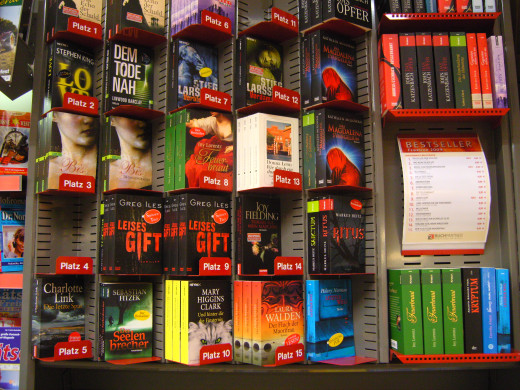
Types of Readers
You probably came here to see if it's worth it to buy an ebook reader or not. The question is easily answered: look at the categories below, see where you fit in, and decide based on that.
Casual Reader
The casual reader will read between 0 and 3 books a year, and tends towards bestsellers during holiday seasons (when they have time to read). This is where publishers make most of their profits, and these are the people who will usually buy paperback. If you're in this category, it makes little sense to get a dedicated device (eg. a Kindle) for reading. In fact, since you usually read on holiday, you are best off with printed books, due to the robustness.

Intermediate Reader
As an intermediate reader, you read between 4 and 10 books a year, and occasionally venture away from the bestsellers into something a bit more off-beat. Based on the types of books you prefer, it may make sense to get one of the cheaper ebook readers (Kindles are currently going cheap), as many of the books you purchase will be cheaper on that platform.
This price saving, however, may not make itself felt for a few years, so unless you intend to keep reading at your current pace, you might want to think twice before taking the leap.
Voracious Reader
A voracious reader is anyone who reads over 10 books per year. You tend to read (for example) anything your favorite authors publish, and have well-liked categories of books (eg. science fiction, romance) where you will spend quite a bit of money. In your case, an ebook reader makes very much sense, despite the high initial cost. You'll probably have the cost of purchase back within the same year.
Conclusions
Books are still objects to be treasured, and this, in my opinion, is precisely as it should be. As digital catalogs are growing, and publishers are finally moving away from DRM, the digital book is starting to resemble the online book more and more. I don't believe books will ever truly die - I think their use cases are changing, and that publishers should be embracing this. Furthermore, digital books are great for publishers as well as consumers when it comes to price - distribution is basically free at this point.

